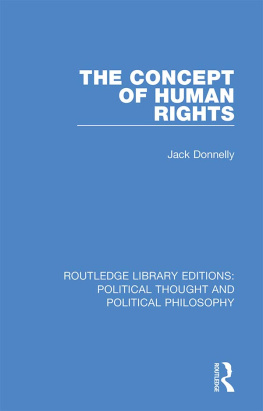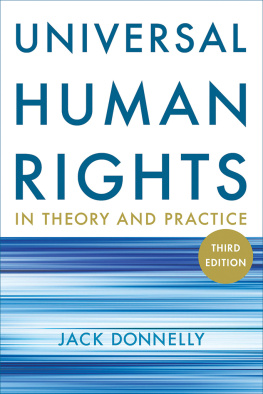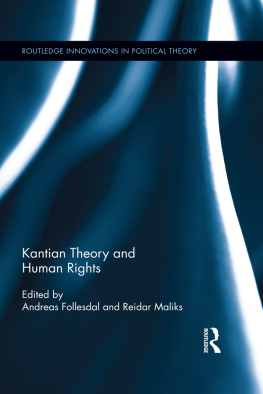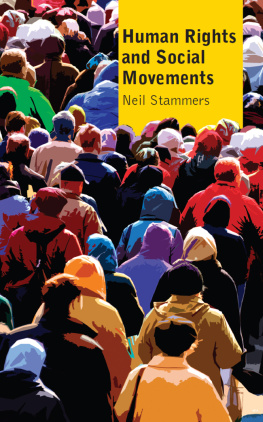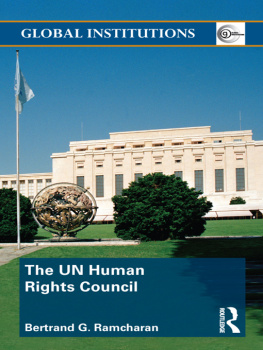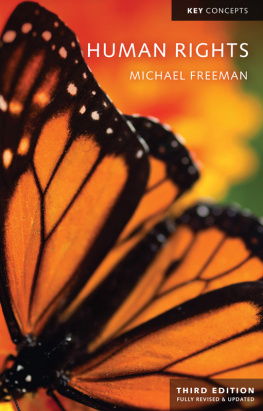Introduction and Overview
What are human rights? Literally, they are the rights of humans. More precisely, human rights are the rights one has simply because one is a human being. This book is devoted to exploring the dimensions and implications of this deceptively simple answer.
Three major levels or parts can be distinguished in the theory of human rights:
(1) the nature of human rights (What kind of a thing is a human right and how does it work?);
(2) their source (From what or where do we get human rights?); and
(3) their substance or specification (What are the particular things to which we have human rights? What is on the list of human rights?).
While the third level certainly is the ultimate theoretical objective, I shall concentrate on the first two because of their logical priority as well as my inability to provide an adequate philosophical justification of a particular list, for reasons that should become clear after the discussion of the source of human rights in.
Everything that is on a list of human rights any list is a human right. Our concern will be with the meaning, source and implications of inclusion on such a list, with what it means, not only logically but behaviourally, to be able to say x is a human right or I have a human right to x What sort of obligations do human rights impose? How, and on whom? How are claims of human rights related to other claims that may be made on persons and institutions in a position to provide or deny x? What is their moral foundation? How would the world be different if they were not available?
The literal definition of human rights as the rights of humans provides the structure for the first half of the book. In this chapter, following this very brief overview, we will begin to clarify the meaning of rights by distinguishing two important senses of the term right. The distinction between something being right and someone having a right provides the conceptual core around which the book revolves. then explores some of the ways rights work, both in general and, in its final section, with special reference to human rights.
In we turn to the source of human rights; roughly, to the meaning of human in human rights. I argue that socially shared moral conceptions of the nature of the human person and the conditions necessary for a life of dignity are the source of human rights. What distinguishes human rights from other moral ideals, however, is that they take the form of rights, a particular kind of institution and instrument.
Combining these accounts of the nature and source of human rights yields what I call the constructivist theory of human rights: the underlying moral vision of human nature, if expressed and implemented in the form of human rights, will actually create the envisioned person, so long as it lies within the psycho-biological and social limits of human possibility. Thus human rights represent a special sort of self-fulfilling moral prophecy and provide a plan for the construction of a political regime in which a truly human being can lead a life of dignity, developing and expressing the moral possibilities of human nature.
While this account of the nature and source of human rights is essentially original, I prefer to stress its descriptive character. People do claim human rights, and have done so for at least two or three centuries. Such claims, I am painfully aware, have been subject to an incredible variety of abuses, both vicious and innocent. None the less, the still deep resonances of a document such as the French Declaration of the Rights of Man and the Citizen, the remarkably wide acceptance, in word and aspiration if not in deed, of more recent documents such as the

